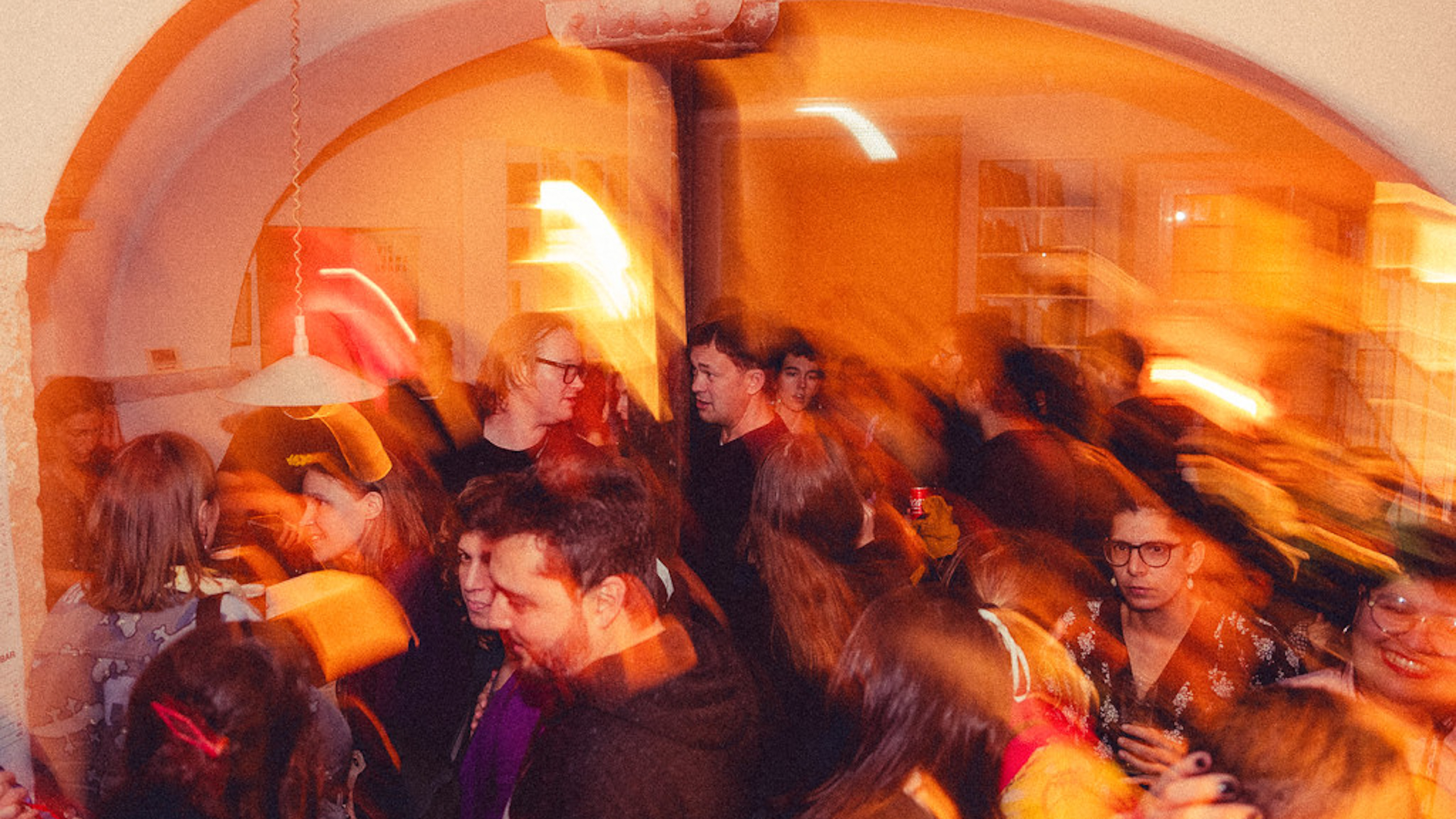The Head of Industry at ECAM – Escuela de Cinematografía y del Audiovisual de la Comunidad de Madrid, Rafa Alberola, portrays documentary film teaching in Spain, the Guest Country of Doclisboa 2024.
ECAM is a cultural foundation whose aim is to train the next generations of the audiovisual sector. Can you tell us a bit about documentary film teaching in Spain?
Most film schools in Spain are fairly young, ECAM for example will turn 30 in 2025. And from the beginning, they were mostly centered around fiction. However, in these past decade we’ve seen an impressive growth of studies dedicated to documentary, especially regarding creative and thought-provoking non-fiction. It is obvious that the Creative Documentary Master’s Degree that [Universitat] Pompeu Fabra launched in the late 1990’s has been a cornerstone in this area and has been a fantastic platform for some of the best documentary filmmakers in Spain; but since then, other fantastic programs have appeared, such as our own Documentary Degree, coordinated by Sergio Oksman. This degree has become strong in our school, with many brilliant students graduating every year with films that often outgrow our expectations. In our case, we are very focused on giving our students the necessary tools to encourage free and forward thinking, and provide them with a wide enough knowledge so they can carry out projects, from start to end, on their own or as a collective.
Between tradition and contemporaneity, how do you assess the state of documentary filmmaking in Spain?
Well, I do believe that the creation of these spaces where film can be discussed, thought, imagined and then made, has been a huge impulse for a couple of generations of brilliant filmmakers. Names such as Luis López Carrasco, Isaki Lacuesta, Lois Patiño, Albert Serra, Helena Girón and Samuel Delgado, and so many more, all come from or belong in one way or another to these academic ecosystems. So we are witnessing a sweet moment for documentary filmmaking in Spain, where films are traveling to top festivals abroad, being acclaimed by critics and public.
What are the strengths and weaknesses of the industry in Portugal and Spain? And what about co-productions – has there been an increasing number, or are we still working very separately?
I can’t speak for the industry in Portugal although I believe we live similar scenarios, where talent is booming and is acclaimed abroad, but we still struggle with a very limited financial system, where bold and independent films rely mainly on public funding and a couple of broadcasters, and this can be limiting.
As for coproductions, I do think there has been a significant increase. I believe there is high potential for natural coproduction and producers are gaining awareness of it. So far, three projects from our development program La Incubadora have secured a successful coproduction with Portugal, one went to win the Golden Shell at San Sebastián last year, O corno by Jaione Camborda, another is being filmed at this moment, Last Night I Conquered the City of Thebes by Gabriel Azorín, and a third one is close to green light.
Aside from that, there have been successful cases recently such as Victor Iriarte’s Sobre todo de noche and Lois Patiño’s upcoming film.
What can you tell us about ECAM’s programme at Doclisboa?
This is our third consecutive year collaborating at Doclisboa. We bring our recently graduated documentary students which is exciting for them and a fantastic opportunity to live a film festival in such depth.
But this year, since we are invited school, we are proud to go all in with a very wide array of initiatives, especially the restoration and world premiere of two films that were kept silent for years because of the censorship during the dictatorship. These films are Manifesto Horizontal (Javier Aguirre) and Tirarse al monte (Alfonso Ungría). We also have a selection of student films being showcased at Green Years section.
Between seeing their work screened at the festival and having the international networking experience, can you tell us a little about the importance of this invitation for ECAM students?
At ECAM, we take our student’s presence at film festivals very seriously, as part of their education. It is important that they get to know the festival ecosystem and take part in industry events as soon as possible so they don’t feel lost when they graduate. It gives them a broader knowledge of the real world and gives them the chance to mingle with people who are at a different stage of their careers, and this is very enriching.
It is already very challenging out there, so we like to help them as much as possible in this sense.





